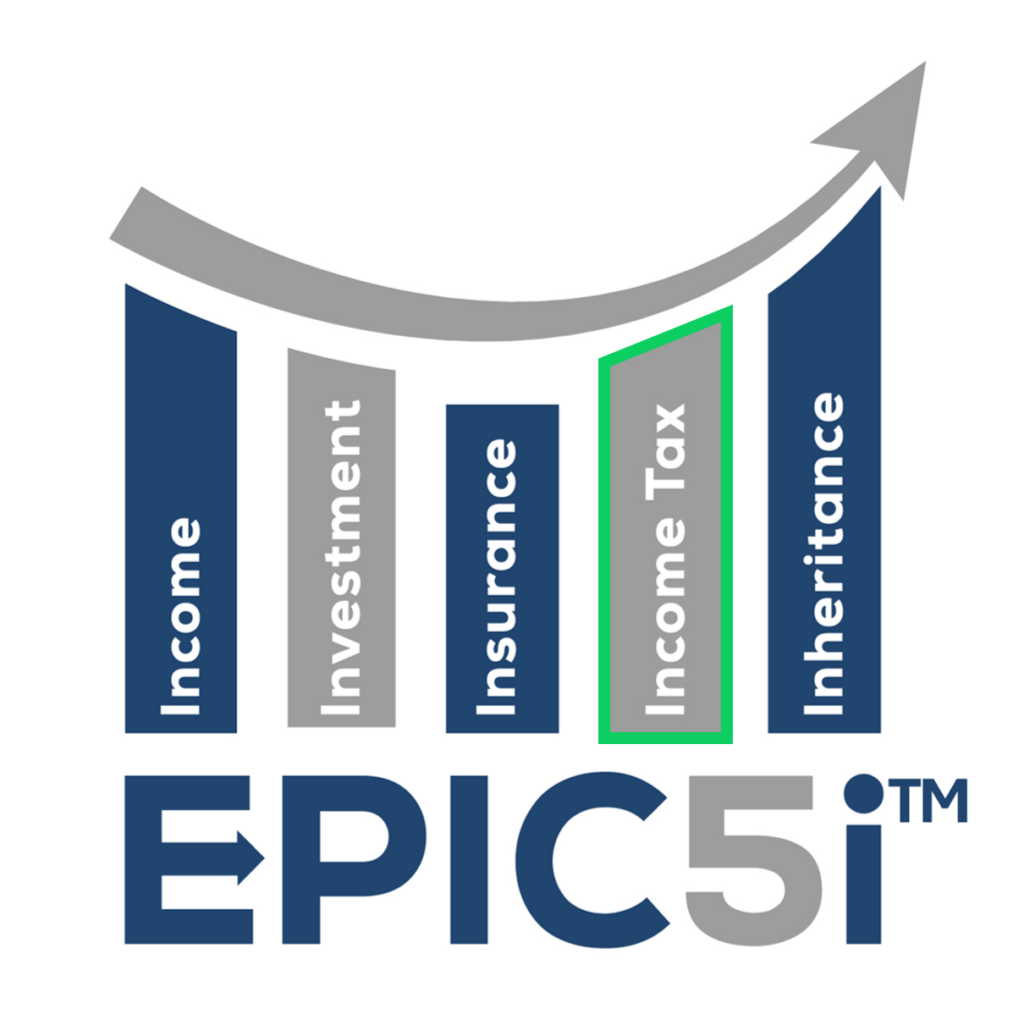Navigating Tax Changes: Strategies to Save Before Rates Rise
Written By: Susannah Orzolek

The clock is ticking on the 2017 Tax Cuts and Jobs Act, which is set to expire at the end of 2025. As that date approaches, many families find themselves worried about facing higher tax rates in the future. Fortunately, there are strategies you can implement now to take advantage of the current tax rates before they increase.
Understanding the Urgency
The 2017 Tax Cuts and Jobs Act significantly lowered tax rates for individuals and businesses. Once it expires, many of these benefits will disappear, leading to higher tax bills for most Americans. This is especially important for those planning their retirement, as higher taxes can substantially impact their income. The upcoming expiration of the Tax Cuts and Jobs Act is a crucial deadline that everyone should be aware of.
Tax Implications on Retirement Income
When discussing retirement planning with new clients, I often find that many are not fully aware of how taxes can impact their retirement income. Many people spend years or even decades focused on trying to save as much money as possible for retirement. However, one thing that is often overlooked is the tax implications of their retirement income. The way you save and the manner in which you withdraw income can make a big difference in your tax liability.
Common Oversights in Income Planning
One of the most common mistakes people make when creating an income plan for the future is underestimating the impact of taxes. For example, withdrawals from your traditional IRA or 401(k) are taxed as ordinary income. This can be substantial if tax rates rise. It is important to take steps to solidify your income plan to allow for flexibility and longevity in any tax environment.
Opportunities to Save on Taxes Now
Given the impending tax rate increases, it’s more important than ever to take advantage of existing opportunities to save on taxes. Utilizing tax-advantaged accounts for saving now can have major benefits for your income plan later on. Here are some strategies to consider:
Maximize Contributions to Tax-Advantaged Accounts:
- Contributing to a Roth IRA or Roth 401(k) can provide tax-free income in retirement. Making these contributions while you are still working can lead to significant tax savings down the road.
- Take advantage of catch-up contributions if you are over age 50. This strategy can help you maximize your tax savings in retirement by allowing you to contribute more to your retirement accounts.
Utilize Individual Retirement Accounts (IRAs):
- Traditional IRAs allow for tax-deferred growth, meaning you pay taxes on withdrawals in retirement. This can be beneficial if you expect to be in a lower tax bracket in retirement.
- Roth IRAs, on the other hand, allow for tax-free growth and tax-free withdrawals, which can be advantageous if you expect tax rates to rise in the future.
Planning for an Uncertain Future
As we approach the expiration of the 2017 Tax Cuts and Jobs Act, it’s essential to be proactive about your tax planning. By understanding the potential changes and taking steps now to optimize your tax situation later, you can help ensure a more financially secure retirement.
An important attribute of a solid retirement plan is flexibility. Diversifying your savings across different types of accounts—a mix of tax-deferred savings, Roth IRAs, and taxable accounts—can provide you with more options to effectively manage your tax liabilities in the future. It’s always important to stay informed about tax laws and be ready to adjust your strategy as needed.
You don’t need to go at it alone! Creating a long-term retirement strategy can be challenging. Speak with a fiduciary who specializes in all areas of retirement planning, including income taxes. A personalized retirement plan with a long-term income tax strategy will help you secure your income, reduce your future tax liability, and be adaptable to your specific needs and goals.
This week in history:
- 1896 – Dow Jones Industrial Average was first published. The 12 original companies were: American Cotton Oil, American Sugar, American Tobacco, Chicago Gas, Distilling & Cattle Feeding, General Electric, Laclede Gas, National Lead, North American, Tennessee Coal & Iron, U.S. Leather, and United States Rubber.
- 1935 – Babe Ruth hit his 714th home run, a career home run record that would stand for almost 40 years.
- 1977 – The very first Star Wars movie opened in theaters Memorial Day weekend, earning $461 million in U.S. ticket sales.
- 2006 – Barry Bonds hit his 715th home run to pass Babe Ruth on the all-time great list.
What did it cost? (Paperback Book)
- 1974 – $1.25
- 2004 – $7.99
- 2024 – $13.95-$17.95
Dad Joke Of the Week:
- Question: What kind of car does an egg drive?
- Answer: A yolkswagon.
Have any questions? That’s what we’re here for! Call us at 844-227-5766 today!
Get on our email list to receive these updates in your inbox!
Ready to Take The Next Step?
For more information about any of the products and services listed here, schedule a free assessment today or register to attend a seminar.

